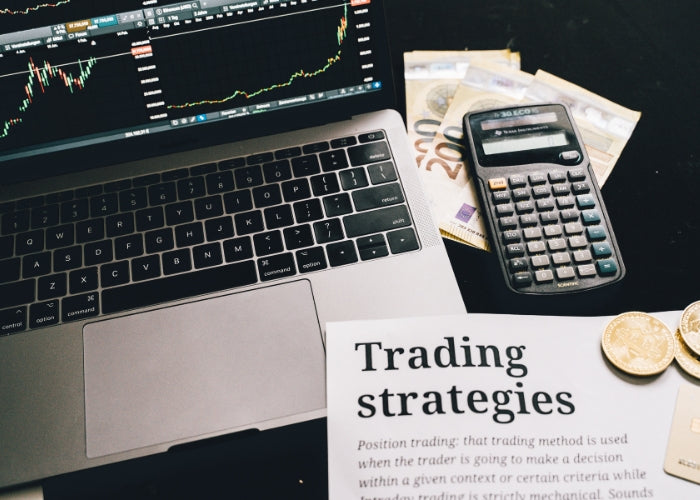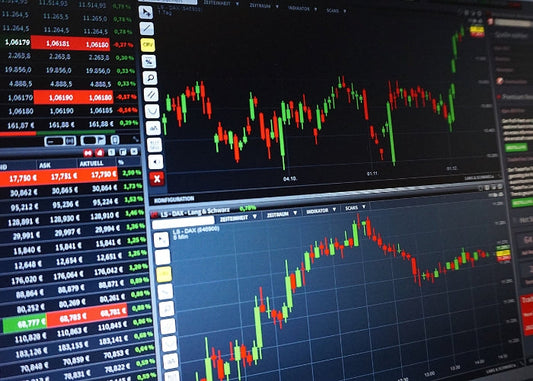How to filter out the noise

When doing fundamental analysis, new traders try to read every piece of news and look at every economic indicator to decide what to trade. Doing it this way, they often get some paralysis from too much information and end up doing nothing and get discouraged because their hard work doesn’t pay off.
Well, you don’t need to know everything, but just focus on what really matters to the markets. The reality is that probably 90% of the daily news is useless for the bigger picture. To simplify the process, it’s best to look at three key things to filter out the noise:
CONTEXT
Where we are at regarding the big macro stuff like monetary policy, growth, inflation, etc. For example, if there's an expectation of slower global growth in the future, then bad data from the U.S. can be actually positive for the dollar, because it acts as a safe haven.
If, on the other hand, there's an expectation of positive global growth, then good data from the U.S. can be actually negative for the dollar, because amid a positive risk sentiment traders and investors will take higher risks and sell the dollar.
MARKET'S FOCUS
What is the prevailing theme at the moment? Let’s say the market focus is on the Fed’s monetary policy because inflation is too high and how the Fed is going to act to get inflation under control. In this case you need to look at what can cause the Fed to be even more aggressive in its actions or what can make it take an easier approach.
The market can also be focused on something in the future and discount any bad news or data that do not change such view. If the market is focused on a particular thing because it can affect everything else, then all the rest is barely noticed.
WHAT'S NEXT
Always look for what's coming next because the market is forward-looking. If you recall, the Yen rallied strongly across the board in the first half of March. That happened because we got a series of strong Japanese data and leaks of imminent policy change from the BoJ that made the market to expect an earlier rate hike.
Once the market priced in the change, we started to see the classic "buy the rumor, sell the fact" reaction that eventually culminated in the Yen weakness as the BoJ indeed hiked rates as expected. In this case, you needed also to know the context because the weaker US data at the beginning of March helped to boost the Yen but as soon as we started to get stronger data sometime in the middle of the month, the Yen started to lose the momentum and eventually reversed completely.
暂无评论
主页
特里夫
TriveHub





0条评论